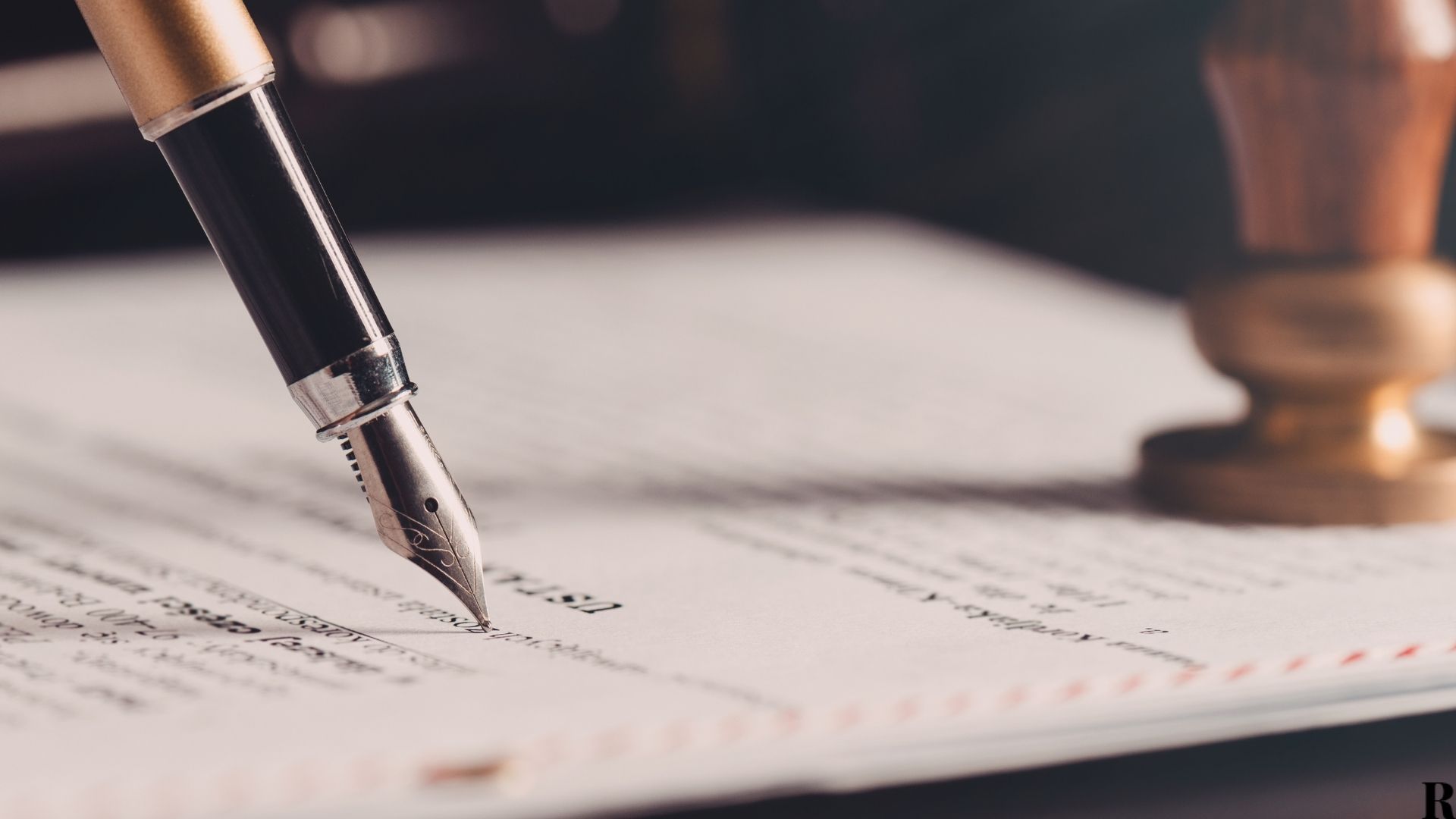Navigating DIRCO Requirements: Compliance and Diplomatic Relations
Wiki Article
Demystifying Notarial Job: Streamlining the Duty and Value of Notaries
In the elaborate internet of legal paperwork and verification, notaries stand as columns of guarantee and authenticity. Their duty, typically shrouded in secret for many, lugs considerable weight in guaranteeing the legitimacy and honesty of crucial documents. As guardians of validity and reality, notaries play a pivotal component in our culture, yet their job is not always totally recognized. By deciphering the intricacies shedding and bordering notarial practices light on the importance of their acts, a more clear understanding emerges of the crucial duty notaries play in maintaining the material of legal and legal agreements.The Background of Notarial Work
The background of notarial work days back to old worlds, where scribes played a crucial function in tape-recording important info and verifying papers. This led to the advancement of notaries, people appointed by the state to act as neutral witnesses in lawful matters.
During the Center Ages, notaries acquired prominence in Europe, with their functions increasing to consist of preparing lawful documents, accrediting trademarks, and maintaining documents. The surge of global trade additionally highlighted the value of notarial operate in validating agreements and contracts across boundaries.
In the modern-day era, notaries remain to play an important function in legal and organization transactions by confirming identities, verifying the authenticity of files, and stopping fraudulence. Their duty in licensing the credibility of arrangements includes a layer of security and count on to the ever-evolving landscape of commerce and law.

Responsibilities and Responsibilities of Notaries
Notaries play an important role in validating the credibility of files and the identification of signatories. One of their key responsibilities is to witness the finalizing of crucial files, such as deeds, wills, and contracts, to guarantee that all parties are getting in into contracts knowingly and willingly.Moreover, notaries are charged with carrying out vows and affirmations, which are important in legal procedures and the implementation of sworn statements. They license duplicates of initial files, supplying guarantee to institutions that the duplicates hold true replicas of the originals. Notaries need to maintain accurate documents of all transactions they supervise to make sure openness and liability. In general, the responsibilities and duties of notaries are necessary in guarding the honesty and legality of different papers and purchases.
Notarial Certificates and Signatures
Exemplifying precise focus to information, notarial certificates and trademarks function as crucial components in validating the credibility of lawful files. Notarial certifications commonly include crucial information such as the day of notarization, the names of the signatories, a summary of the file, and the notary's official seal. These certificates give a clear record of the notarial act, making certain that the paper can be easily recognized and traced back to the notary that supervised the process.Signatures play an essential function in notarial job, as they represent the contract and permission of the events included. Notaries very carefully witness the finalizing of records to verify the identity of the notaries and confirm that they are authorizing of their very own free choice. By fastening their official seal and trademark to the paper, notaries certify that the essential procedures have been adhered to and that the paper is valid and enforceable.
Basically, notarial certifications and signatures are the trademark of authenticity in legal deals, providing guarantee to all parties included that the records are legit and binding.
Value of Notarial Acts

Notarization Refine Clarified
Clarifying the notarization process provides clarity on the essential actions involved in verifying legal papers. The registration procedure commonly starts with the individual presenting the file to a notary public. The notary after that confirms the signer's identification via acceptable identification approaches. Once the identity is validated, the notary makes sure that the private signing the document does so willingly and without any coercion.
Conclusion

Notarial certificates typically consist of crucial details such as the date of notarization, the names of the notaries, a summary of the document, and the notary's official seal. These certificates provide a clear document of the notarial act, making certain that the document can be easily recognized and published here traced back to the notary that supervised the procedure.
By affixing their main seal and trademark to the record, notaries license that the required treatments have been complied with and that the paper is legitimate and enforceable.
By confirming the identification of the signatories, confirming their desire to enter right into the arrangement, and licensing the date and place of the finalizing, notaries play a critical duty in supporting the legitimacy of lawful papers.After the file is signed, the notary will fasten their main seal or stamp onto the paper.
Report this wiki page